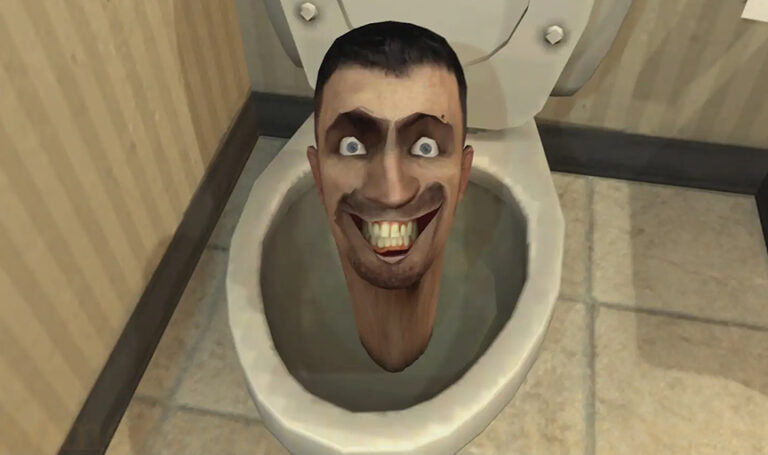Skibidi, tradwife, and delulu are among new words added to Cambridge Dictionary for 2025
Words including ‘skibidi,’ ‘delulu,’ and ‘tradwife’ are among the new lexicon added to the Cambridge Dictionary for 2025, marking the significance of online words making their way offline and into our day-to-day use.
The new definitions have been making headlines, with people asking, “What in the skibidi?” Other dictionary additions include the words ‘lewk,’ ‘broligarch,’ ‘red flag,’ and ‘green flag.’ Even the term ‘mouse jiggler’ has been added, a new phrase describing the act of home workers keeping their Microsoft Teams in the green.
Many of these slang terms originated on social media before slowly becoming a part of our everyday language. But what do these 2025 inclusions say about how the English language is continually adapting as digital cultures become more embedded in our lives? And if these words are here to stay, what could be next?
‘Skibidi’ added to Cambridge Dictionary for 2025
Because ‘skibidi’ being added to the dictionary is a move many of us can’t say we saw coming. Cambridge Dictionary defines ‘skibidi’ as an adjective, humorous slang. It says it is “a word that can have different meanings, such as ‘cool’ or ‘bad,’ or can be used with no real meaning as a joke: ‘What the skibidi are you doing?’ ‘That wasn’t very skibidi rizz of you.’”
One user on X posted about the addition, saying, “Yes, you are living in this timeline.”
'Skibidi' has been added to the Cambridge Dictionary.
Yes you are living in this timeline.https://t.co/5cGeaRB0ms pic.twitter.com/LVfZFm0l1t
— LambdaGeneration (@LambdaGen) August 18, 2025
The word ‘skibidi’ first entered our vocab a couple of years ago, namely due to Skibidi Toilet. Originally uploaded to YouTube Shorts in February 2023, Skibidi Toilet refers to a series of animated videos by DaFuq!?Boom!, which posts different episodes of toilets fighting with one another. You heard that correctly. It’s even coming to the big screen, with director Michael Bay officially announcing earlier this year that he will be at the helm of a movie adaptation of the Gen Alpha internet phenomenon.
Words from internet cultures are changing the English language
But these words stemming from internet crazes being defined in the Cambridge Dictionary reveal more about how much digital culture is changing the English language than it may first seem. This is more than a new word or phrase simply moving from online use to day-to-day language; it’s a sign of the impact that digital conversations and cultures have on us, sometimes without us realising. It’s so easy to have a conversation and only later you clock that it was just a series of trending TikTok sounds.
Even the Cambridge Dictionary recognises the arguable weirdness of social media slang being defined in the dictionary. “It’s not every day you get to see words like skibidi and delulu make their way into the Cambridge Dictionary,” says Colin McIntosh, Lexical Programme Manager at Cambridge Dictionary. “We only add words where we think they’ll have staying power.”
He adds that the impact of the internet on the English language “is fascinating to observe and capture in the Dictionary.” And with these latest inclusions, it brings a newfound legitimacy to words that originate online, or maybe everything has just gone a bit skibidi delulu.






